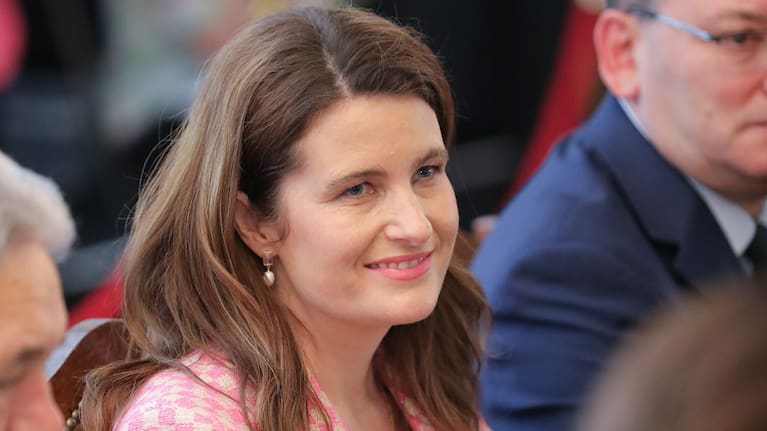While the rest of the country spends this week quietly panicking over last-minute Christmas preparations, Nicola Willis is concentrating on delivering a mini-budget, her first big hit-out as the country’s new Finance Minister.
That mini-budget is due for release this Wednesday – so what is it and what can we expect to see in it?
What is a mini-budget?
It is not, as the name might suggest, a cute lil budget.
It is instead an outline of the new Government’s spending priorities, timed to coincide with the Half Year Economic and Fiscal Update that Treasury releases around this time every year.
That fiscal update offers an overview of how Treasury sees the economy going based on the forecasts it did for the Budget earlier this year. It will cover things like unemployment, GDP, inflation, and the outlook for trade.
At the same time, the Government releases its Budget Policy Statement, which offers up its priorities based on that Treasury forecast. It’s usually a signal of where the Government is heading for its Budget announcement in May. Nicola Willis has turned this into what she’s calling a mini-budget.
Mini-budgets can be quite exciting.
The one championed by former UK leader Liz Truss last year saw the British pound crash to its lowest ever level against the US dollar, earned stinging criticism from the International Monetary Fund, and ultimately brought an end to her six-week reign as prime minister.
What will NZ’s mini-budget look like?

Nicola Willis’ mini-budget will likely be a much less dramatic affair.
But even if this mini-budget doesn’t liken Christopher Luxon’s Prime Ministership to the lifespan of an iceberg lettuce, a la Liz Truss, that doesn’t mean it’s not a cause for some interest.
As economics expert Professor Matt Roskruge points out, the mini-budget will likely give some indication of National’s “fiscal personality” and priorities for next year, which have been drowned out by either its coalition partners’ actions or protests over certain policies thus far.
“Normally, [the Half Year Economic and Fiscal Update] isn’t so exciting if it’s an incumbent government and it’s been six years since we had a change in government,” Roskruge said.
“So, this one is really fascinating; it's probably the first time we're going to get a chance see National’s priorities because at the moment it's been really [all about] New Zealand First and ACT.
“This will be one where we'll see National start to signal what it sees as its priorities for government spending … and also if they’re going to move spending around a little bit.”
What might we see specifically in the mini-budget?
Soon after being confirmed as the country’s new Finance Minister late last month, Willis told Q+A she would be working in the weeks before Christmas to re-prioritise government spending and look for any savings.
The mini-budget will likely include details about any spending needed for the Government’s 100-day plan but Willis has been at pains to point out it would have an “emphasis on the word ‘mini’”.
Roskruge agrees that National appears to be talking the mini-budget down, adding that anyone hoping to see what their proposed tax cuts will look like next year will have to wait a bit longer.
“[The Government] will want to announce the tax cuts in Budget 2024, so they won't want to be pre-empting those,” he said. “[But] they'll be talking about how they're going to start affording them.”
Willis has said National’s proposed tax cuts will still be self-funded despite no longer having its foreign buyers’ tax to add to the Government’s coffers. She told Parliament last week that she is taking advice on tax changes for the Budget in May.
What about the fiscal cliffs Willis has been talking about?

The country could get some more detail around the “nasty surprises” and “pretty significant” fiscal risks Willis claims the previous Labour government left behind for her and her colleagues.
Willis accused her predecessor, former Finance Minister Grant Robertson, of “clever workarounds to make the books look better than they really are”.
Robertson said Willis’ accusations were a “desperate diversion from somebody who can’t make their tax package add up”, saying everything she was referring to had been in his government’s Budget.
Roskruge said it’s common for incoming ministers to criticise the state of the books they’ve been handed.
“Every minister or incoming government will have things that they didn't expect or didn't notice, or things that they weren't happy with in a budget that they're picking up,” he said.
“It’s a way of creating some excuse if there are difficult decisions ahead.
“Every government does it; there’s nothing any more nefarious about National doing it.”





















SHARE ME